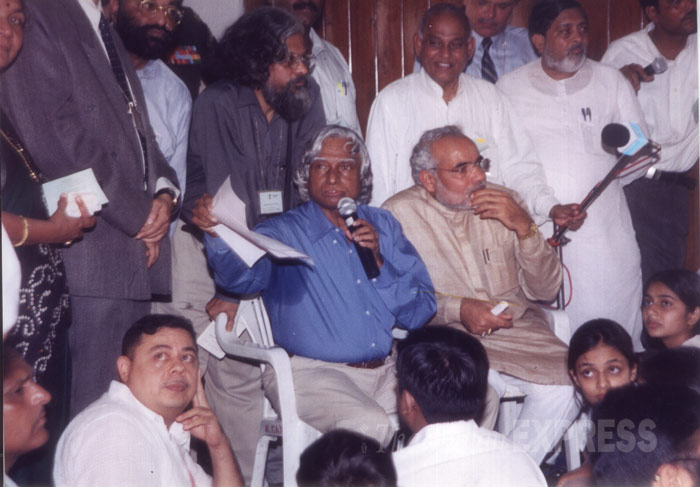A. P. J. Abdul Kalam – Let us sacrifice our today so that our children can have a better tomorrow: Bday Special
By Line: Shivendra Pandey
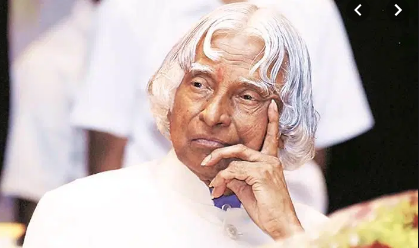
Avul Pakir Jainulabdeen Abdul Kalam Indian scientist who served as the 11th President of India from 2002 to 2007. He is popularly known as the Missile Man of India for his work on the development of ballistic missile and launch vehicle technology.
A. P. J. Abdul Kalam was born on 15 October 1931 to a Tamil Muslim family in the pilgrimage center of Rameswaram on Pamban Island, then in the Madras Presidency and now in the state of Tamil Nadu. His father Jainulabdeen was a boat owner and imam of a local mosque; his mother Ashiamma was a housewife.
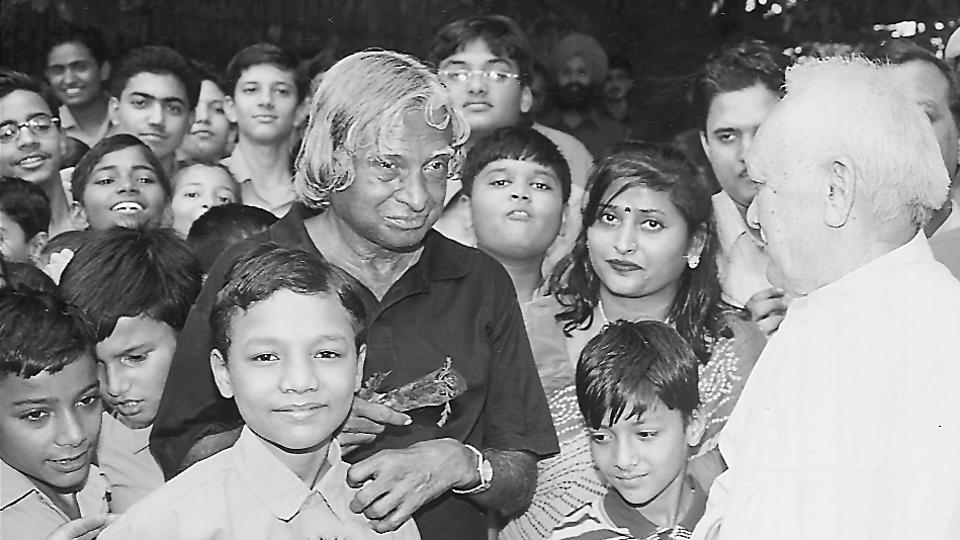
Kalam was the youngest of four brothers and one sister in his family. His ancestors had been wealthy traders and landowners, with numerous properties and large tracts of land. Their business had involved trading groceries between the mainland and the island and to and from Sri Lanka, as well as ferrying pilgrims between the mainland and Pamban.
With the opening of the Pamban Bridge to the mainland in 1914, however, the businesses failed and the family fortune and properties were lost over time, apart from the ancestral home. By his early childhood, Kalam’s family had become poor; at an early age, he sold newspapers to supplement his family’s income.
In his school years, Kalam had average grades but was described as a bright and hardworking student who had a strong desire to learn. He spent hours on his studies, especially mathematics.
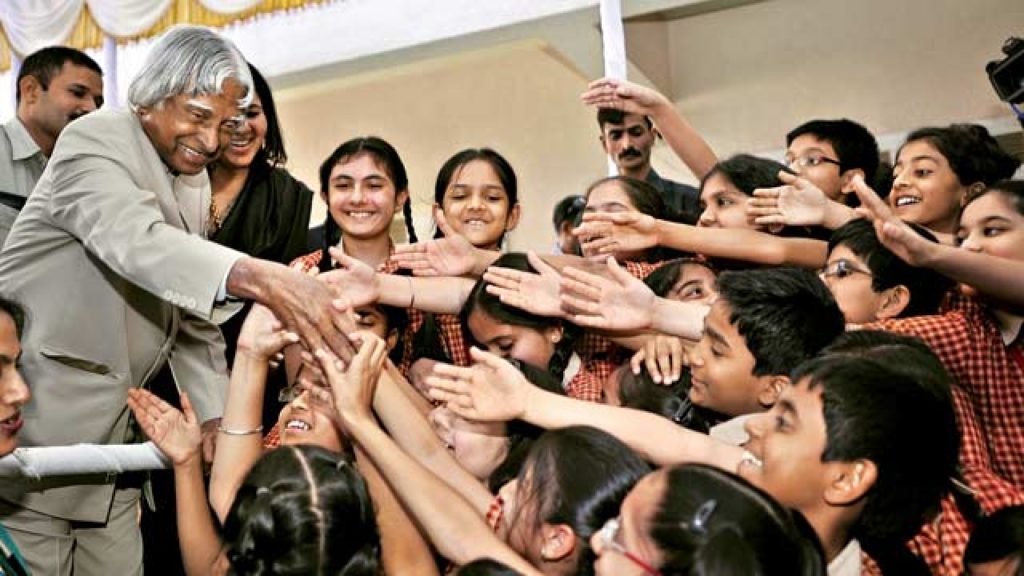
He studied physics and aerospace engineering. He spent four decades as a scientist and science administrator, mainly at the Defence Research and Development Organisation (DRDO) and Indian Space Research Organisation (ISRO) and was intimately involved in India’s civilian space programme and military missile development efforts.
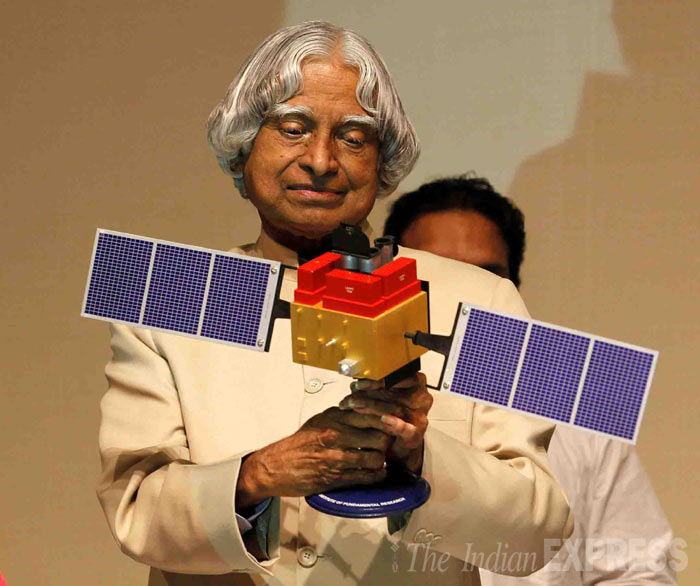
Kalam is being referred to as missile man of our country for his work on the development of ballistic missile and launch vehicle technology. He also played a pivotal organisational, technical, and political role in India’s Pokhran-II nuclear tests in 1998, the first since the original nuclear test by India in 1974.
